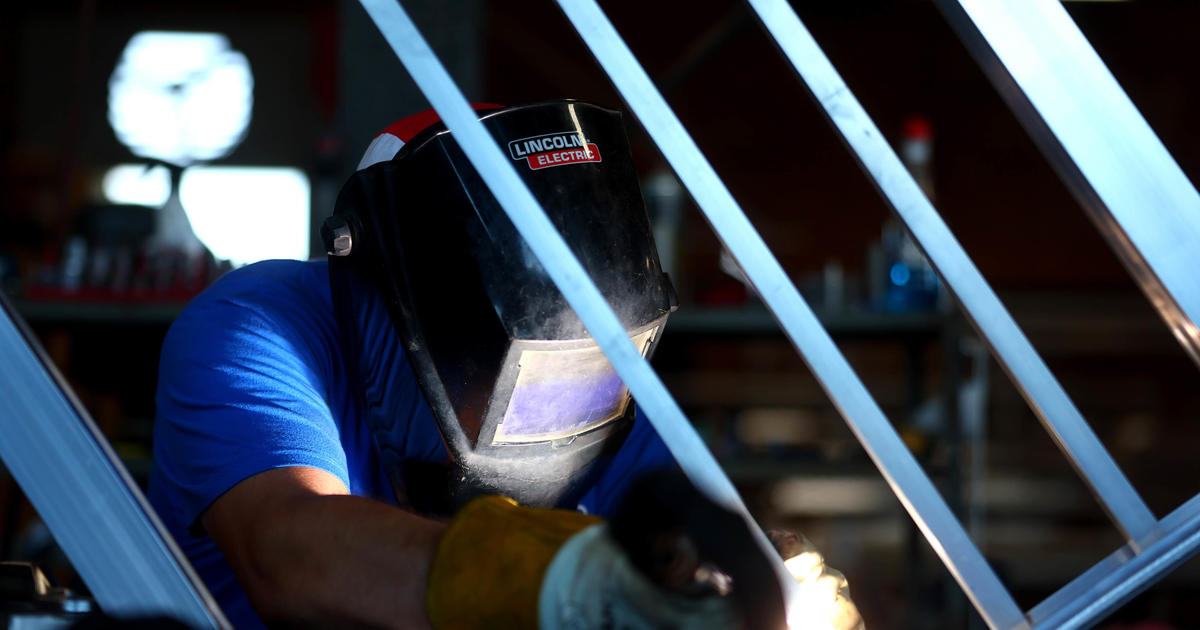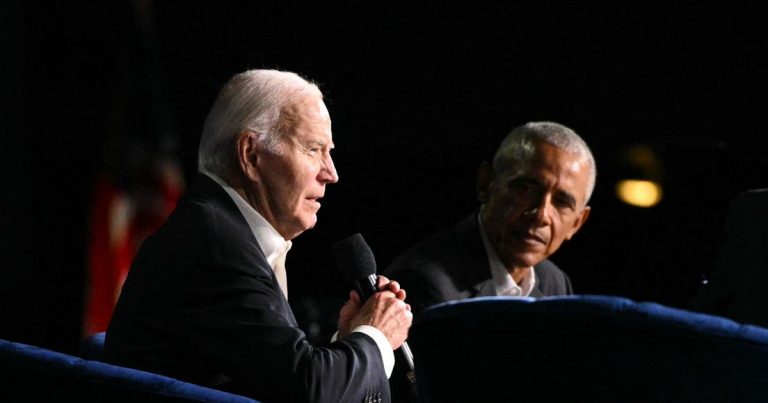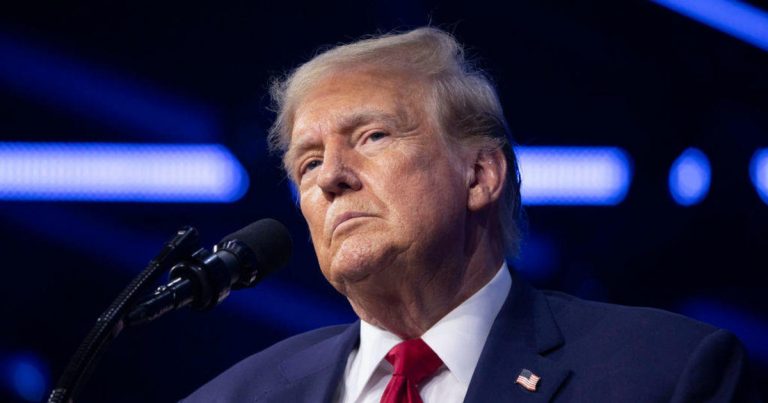Did Trump really lose manufacturing jobs? Let’s fact check what Harris says.
In the final weeks before Election Day, Vice President Kamala Harris has repeatedly highlighted the issue of manufacturing jobs, specifically targeting former President Donald Trump’s record on this matter. According to Harris, the U.S. lost nearly 200,000 manufacturing jobs during the Trump administration, but there have been almost 800,000 “new” manufacturing jobs added since President Biden took office.
When we dive into the data, it becomes evident that Harris is citing mostly accurate figures, although there have been moments where she may have overstated gains made during the Biden administration. It’s crucial to note that the context of the pandemic played a significant role in both the manufacturing job losses under Trump and the subsequent increases under President Biden.
Let’s examine what the data reveals about manufacturing under the Trump administration. At a rally in Michigan, Harris mentioned that America lost nearly 200,000 manufacturing jobs during Trump’s presidency, noting that these losses started before the pandemic began. The Bureau of Labor Statistics confirms Harris’ assertion, showing a decline of 178,000 manufacturing jobs by the time Trump left office in January 2021.
While Harris accurately points out the pre-pandemic losses of 48,000 manufacturing jobs from January 2019 to February 2020 during Trump’s tenure, it is essential to consider the broader context. The U.S. had experienced a net gain of over 350,000 manufacturing jobs during Trump’s presidency up to March 2020. However, the COVID-19 pandemic led to a downfall, with the U.S. losing 1.3 million manufacturing jobs between March and April 2020.
As the data for manufacturing jobs under President Obama reveals, the sector had been growing since 2010, with a rebound from the Great Recession. Nevertheless, there were 195,000 fewer manufacturing jobs at the end of his presidency in 2017 compared to its beginning.
Shifting our focus to manufacturing under the Biden-Harris administration, the numbers continued to recover from pandemic losses. Harris has sometimes claimed credit for creating almost 800,000 new manufacturing jobs, with preliminary September data from the Bureau of Labor Statistics indicating an addition of around 729,000 manufacturing jobs since President Biden assumed office.
It’s worth noting that not all of these job gains are entirely new jobs since some of them could be attributed to returning jobs post the pandemic’s economic aftermath. The increase in manufacturing jobs occurred mainly in the initial two years of Biden’s presidency before beginning to stabilize by the third year, mirroring a similar pattern to Trump’s first three years in office.
However, a recent update from the Labor Department revised the estimate of manufacturing jobs created during the Biden-Harris administration, indicating a potential downward adjustment by around 115,000 jobs. This revision hints at possible discrepancies in the initial data and suggests that the economy might not have been as robust as previously portrayed.
Over the last 40 years, there has been a notable decline in U.S. manufacturing jobs, stemming from a peak of 19.6 million jobs in 1979 to just under 13 million jobs today. Both Democratic and Republican administrations have witnessed this decrease due to various economic factors such as recessions, automation, and globalization.
Research indicates that nearly 1 million manufacturing jobs were lost to China between 1999 and 2011 after normalized trade relations were established with the country. The shift in the economic landscape has reshaped the manufacturing sector significantly, impacting job numbers across multiple administrations.
With these insights, it becomes clear that the landscape of manufacturing jobs in the U.S. is deeply intertwined with broader economic trends and policy decisions that transcend partisan boundaries. While political leaders play a role in shaping these outcomes, the underlying forces driving the sector’s evolution are complex and multifaceted.








